Genital herpes is a sexually transmitted disease caused by the herpes simplex virus called HSV. There are two types of herpes simplex virus- HSV-1 and HSV-2. Most cases of genital herpes are caused by HSV-2, while HSV-1 is responsible for fever blisters or cold sores. However, a person who has HSV-1 with cold sores can transmit the virus through oral sex and cause genital herpes too.
Genital herpes, being a sexually transmitted disease, is primarily contracted through sex, whether it is vaginal, anal or oral. The virus is contracted when the skin comes in contact with the genital or anal area of an infected person. Since the virus cannot survive outside the body for a long time, genital herpes cannot be contracted from toilet seats, shared objects and items.

Symptoms of a Genital Herpes Outbreak
Once a person comes in contact with the virus, it takes from two to ten days for the symptoms to appear. This goes for the primary outbreak. In chronic genital herpes, since the virus is continuously present in the body, there is no need for new contact with an infected person as the virus can simply reactivate and cause a new outbreak.
The symptoms of genital herpes initially include itching and pain in the genital area. The sores appear after a few hours or a few days. The sores, which are first in form of red lesions and then turn into fluid-filled blisters, may appear on the vulva, inside the vagina, on the penis, scrotum, anus and buttocks.
The sores may be painful, especially when urinating or during sexual intercourse. They eventually burst and the fluid oozes out, after which the healing begins. Sores usually heal in two to four weeks.
Other than these symptoms, a person suffering from genital herpes may also feel weak and tired, may experience general flu-like symptoms such as mild fever and headache, and discomfort or tenderness in the entire genital and rectal area, along with the lower abdomen.
Recurring Outbreaks in Chronic Genital Herpes
The problem with HSV is that this virus cannot be killed with medication and even though the symptoms eventually go away and the sores heal, the virus will remain in the body. It will be in a dormant state and there is always a chance of reactivation. For some people the virus reactivates rather frequently in others it may remain dormant for years or even forever.
The recurring outbreaks of genital herpes are very similar to the initial outbreak. Sometimes an outbreak can actually be asymptomatic, but even in those cases a person can still pass the virus to others, which is why it is so important to use protection.
- Supportive therapy - Supportive therapy includes saline bathing, the use of analgesia, and counselling of sexual behaviour and can be instituted when recurrences are mild and self limiting.
- Episodic antiviral therapy - Initiate episodic antiviral therapy during the prodrome or early in an attack. Oral aciclovir, valaciclovir, and famciclovir reduce the severity and duration by a median of one to two days. Topical antiviral therapy is less effective than systemic therapy. Randomised controlled trials have shown all these regimens to be effective. Our preferred treatment is aciclovir 400 mg orally three times a day for five days because it is effective and low cost.
- Suppressive antiviral therapy - Meta-analyses of randomised controlled trials have shown that suppressive antiviral therapy can significantly reduce (by 70 to 80%) the number of recurrences in patients with frequently recurring (?6 recurrences a year) genital herpes. Patients should discontinue treatment after 12 months to assess the ongoing frequency of recurrences. The timing of this should be agreed with the patient, and recurrences should be treated.



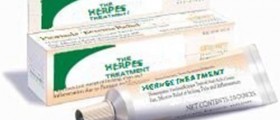
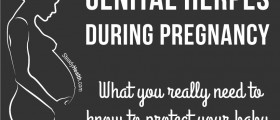
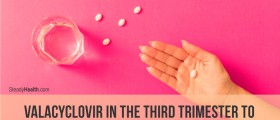
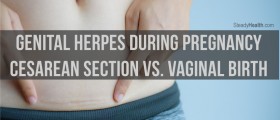

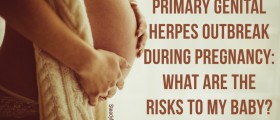

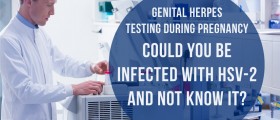
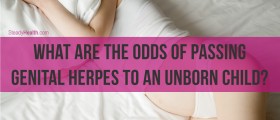



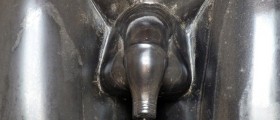

Your thoughts on this
Loading...